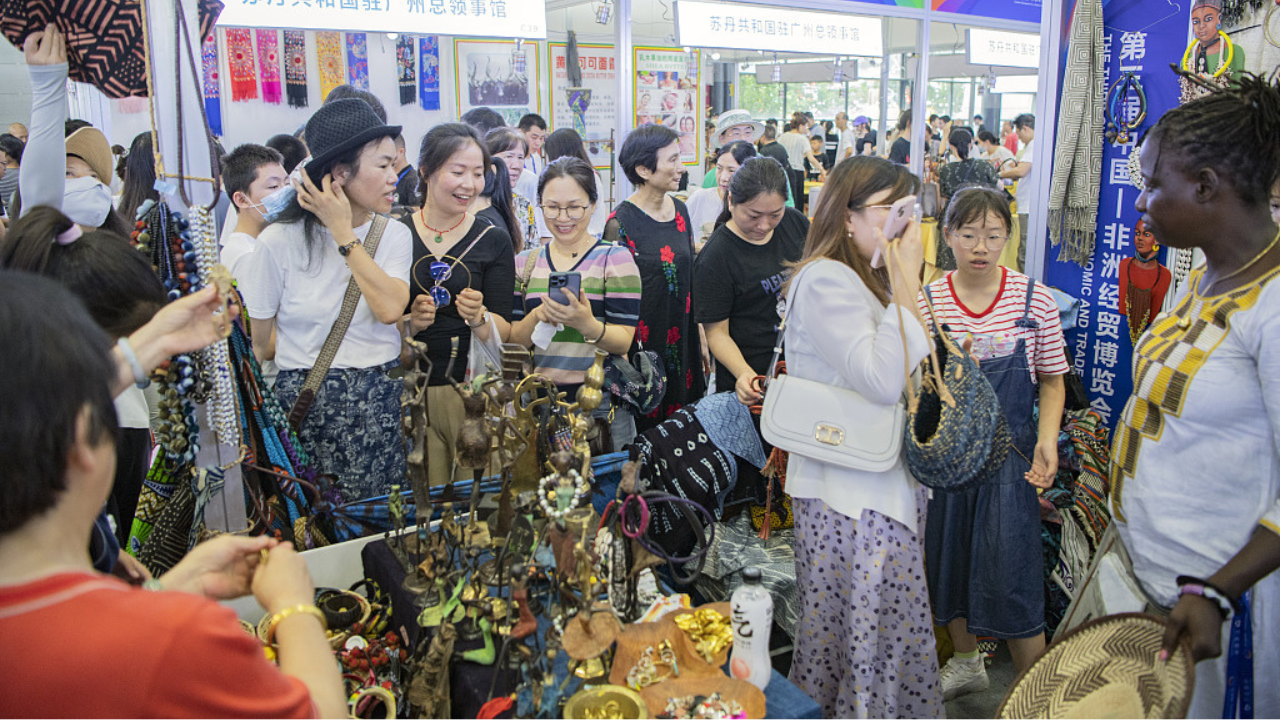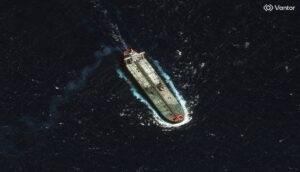
Published 12/04/2024 17:41 | Edited 12/04/2024 18:52
China took another step in its economic dispute with the United States by announcing measures that reinforce its position on the global stage and expand its influence in less developed countries. Since December 1st, Beijing has adopted a zero tariff policy for all products originating from countries classified as the least developed in the world, according to UN criteria. The measure aims to stimulate commercial exchange with these nations and consolidate China as a strategic partner for the Global South.
The exemption applies to countries that have a diplomatic relationship with China and a gross per capita income of less than US$1,018. This policy should serve around 30 African countries, such as Angola, São Tomé and Príncipe and the Solomon Islands. China is the first large country to offer this alternative to countries with little involvement in international trade.
Strategic retaliation and rapprochement with the Global South

Political scientist Augusto Leal Rinaldi (PUC-SP), author of The Brics in Contemporary International Relations: Strategic Alignment and Global Power Balancing (Appris, 2021), analyzes in an interview with Red Portal the new Chinese strategy as a double-impact movement.
“Tariff impositions from the United States will not be received with impunity by China. The Chinese are able to retaliate – and that is what they are doing by reducing the export of minerals needed to manufacture technological components – and this shows, especially to the new Trump administration that will begin in 2025, that the trade war will also negatively affect the United States”, highlighted Rinaldi.
The decision to exempt less developed countries from import tariffs also carries a geopolitical message. According to Rinaldi, Beijing seeks to position itself as a global actor committed to stability and development, particularly in Africa, contrasting with the isolationist stance of the USA.
“This demonstrates China’s willingness to present itself as a country committed to a globalization agenda and facilitating trade exchange. The Chinese appear as a country concerned with global stability and sensitive to the interests of relatively less developed countries. It seems to me to be a strategy of greater alignment with the countries of the so-called Global South and, at the same time, a great power position in dealing assertively with the illiberal stance on the part of Washington”, he analyzes.
Impacts on Africa and global trade
With the measure, around 30 African countries will be able to export their products to China tariff-free, as long as they maintain diplomatic relations with the Asian giant. This policy adds to decades of Chinese investment in Africa. According to the China-Africa Research Initiative (CARI), China’s direct investments in the region jumped from US$74.8 million in 2003 to US$4.23 billion in 2020. In September, President Xi Jinping announced a additional financing of US$50 billion for the next ten years.
Chinese Ministry of Commerce spokesman He Yongquian indicated that the tariff policy seeks to integrate less developed countries into the “vast Chinese market”, promoting mutual economic opportunities. However, critics point out that Africa’s economic dependence on China could reinforce asymmetries in the long term, although this dependence on the US and European economies is more harmful, with gains mainly for these powers.
China-Africa cooperation is in line with UNCTAD’s objectives of promoting sustainable development through infrastructure investments that enhance Africa’s manufacturing capabilities, increasing trade opportunities, fostering economic diversification and integrating African countries into the value chain global.
Tensions with the USA and the future of BRICS
While China advances with economic integration measures, the US tightens restrictions on the export of advanced technologies to the Asian giant. The Bureau of Industry and Security (BIS), an agency linked to the US Department of Commerce, announced additional controls on semiconductors, a response to China’s growing technological competitiveness. Beijing reacted by restricting the export of critical materials such as germanium and gallium, essential for chip production, directly affecting the US production chain.
The relationship between China and the USA is also warming within the BRICS. Donald Trump, president-elect of the USA, threatened to impose 100% tariffs on products from member countries if proposals such as the creation of a common currency, discussed at the group’s summit in October, in Kazan, Russia, advance.
The expert’s analysis suggests that the dispute goes beyond the economy. Trump’s rhetoric against the BRICS and technological restrictions are responses to China’s growing protagonism and the attempt to balance global power. Beijing, in turn, seeks to consolidate itself as the leader of a multipolar order that challenges US hegemony.
What’s at stake
Beijing’s recent actions show that the trade war with the US is not just an economic dispute, but a battle to define the new world order. While the United States reinforces protectionism and technological rivalry, China invests in strategic commercial alliances and presents itself as a defender of inclusive globalization.
The scenario for 2025 will be decisive, with the reconfiguration of the foreign policies of both powers and the impact of this on the BRICS and global trade. The rivalry between Washington and Beijing is expected to shape not only bilateral relations but also the balance of power in the 21st century.
Source: vermelho.org.br

